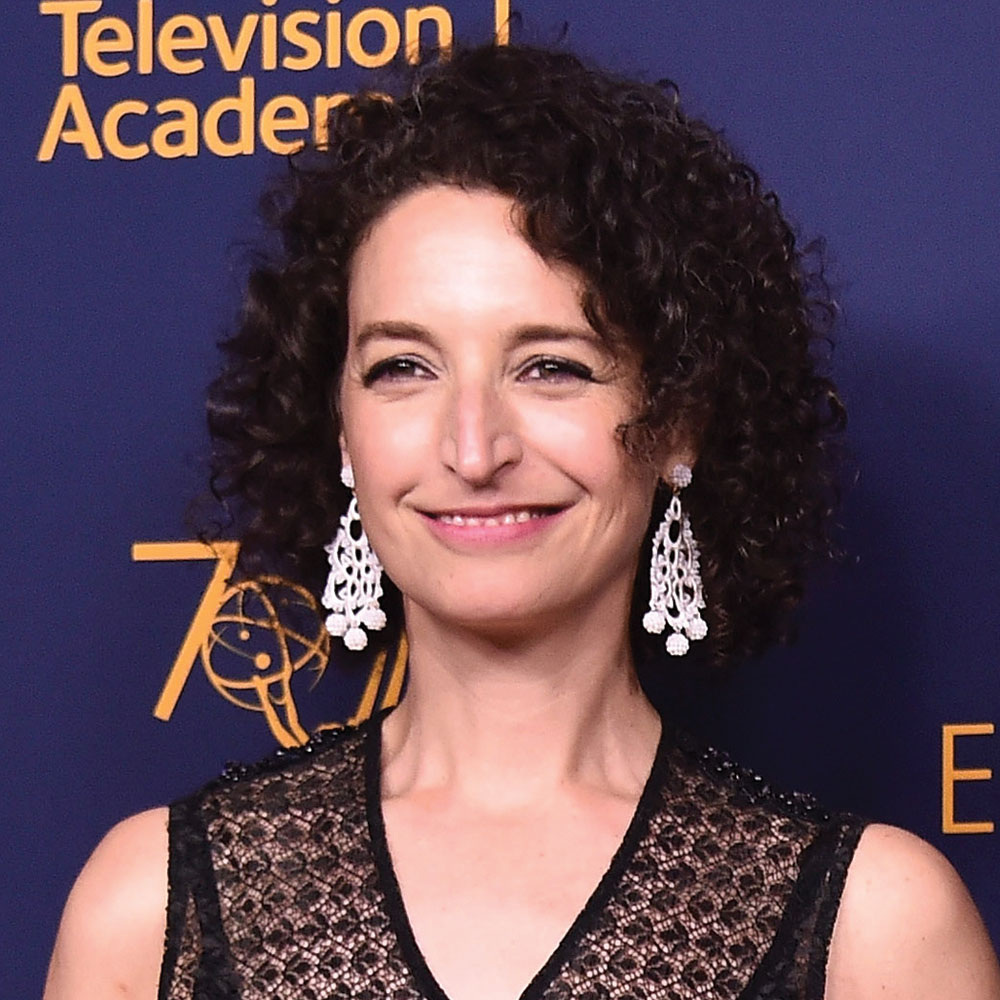
Alberto E. Rodriguez/Getty Images

I first met Michael (that’s what he went by in college, so that’s what I still call him) White in an acting class during our freshman year at Wesleyan. There were two acting classes, and we were in the bad one — the B group, so to speak. Michael was already a little bit famous on campus, having done a scene that made a big splash in No Doze Theater, an all-night theater production that ran during finals. But what stuck out to me was that he wasn’t wearing socks — it was January in Connecticut. He still doesn’t really know how to dress for the winter.
We remained close friends for years before ever working together. When I was just starting out and would travel to Los Angeles for work, I would stay with him, frequently overstaying my welcome. I was a casting assistant and associate for casting director Howard Feuer, and he was writing and occasionally acting. I worked a little bit with him and Miguel Arteta — another friend of ours from Wesleyan — on their 2000 film Chuck & Buck, which Michael wrote and co-starred in and Miguel directed.

Alberto E. Rodriguez/Getty Images
Flash-forward to 2006: I was working for Walken/Jaffe Casting on The Sopranos, and we had a hiatus in the middle of season six. Michael was set to make his directorial debut with Year of the Dog. He was already fairly established by then, having written (and appeared in) Orange County, The Good Girl and School of Rock, as well as creating two television shows. This was to be his first feature script that he was to direct himself, and he could have hired someone with more experience. I had not done anything on my own, yet he insisted that I cast it. It was my first major solo job — his willingness to take a chance on me and give me that opportunity is something I’m still incredibly grateful for to this day.
Year of the Dog starred Molly Shannon, with whom he had worked on the 2004 Fox sitcom Cracking Up. He loved working with Molly, wrote the role for her and, again, insisted that she play the role despite the studio perhaps preferring others. He loves giving opportunities to people he believes are not only deserving but also the best person for the job. It isn’t just about hiring his friends; he really wants to give chances to people who otherwise may not get them.
He often has performers in mind when he writes characters, which is what happened with White Lotus. He had written Jennifer Coolidge’s and Molly’s characters for them. When that isn’t the case, he’s very open-minded. The audition process is very important to him — he likes to hear the material read. In callbacks, however, he gives very little direction. He may just say, “OK, that was great.” He simply likes to interface with performers as he thinks about his characters. Once we’re cast, he’ll make revisions, writing the roles to the actors.
The character of Armond, played by Murray Bartlett, has a storyline that I wasn’t completely aware of at the time we were casting the show. Murray’s audition was hilarious, showing a lot of colors. Even though I didn’t know what Michael had in store for Armond, Michael saw that Murray would be able to follow through on the character’s wild, roller-coaster arc. Often, when I’m casting a show, I have only the first or second script. I have to trust Michael’s instincts because he ultimately knows his characters much better than I do.
The thing I find so great about Michael’s writing is that so much about his characters is revealed through humor. He’s a phenomenal storyteller and loves to laugh. There can be the most heartbreaking scene in which horrible things happen, and in the midst of that, there are glimmers of humanity that come out through humor. Some people might find that “cringey,” but I think it shows his incredible empathy and generosity toward the characters he’s writing. He also has a talent for taking comedic actors like Molly and Jennifer and putting them into dramas. Likewise, a more dramatic actor like Connie Britton brings a groundedness to his humor; they’re not trying to make it funny — it is just an ineffable thing.
Michael likes to work with actors over and over again, part of which comes from being such a loyal person and friend. In the case of Jennifer, Molly and Connie, these are all actresses over 50 — he has written such important and meaty roles for them, and that really stands out in an era of television where that can still be scarce. Michael’s characters give people the opportunity to show such a wide range — they’re never just one thing — and I think that’s why he appeals to so many actors. He is generous to a fault, and that comes out in his writing. And even though he is one of my dearest friends, I feel honored to get to work with him.
This story first appeared in an August stand-alone issue of The Hollywood Reporter magazine.